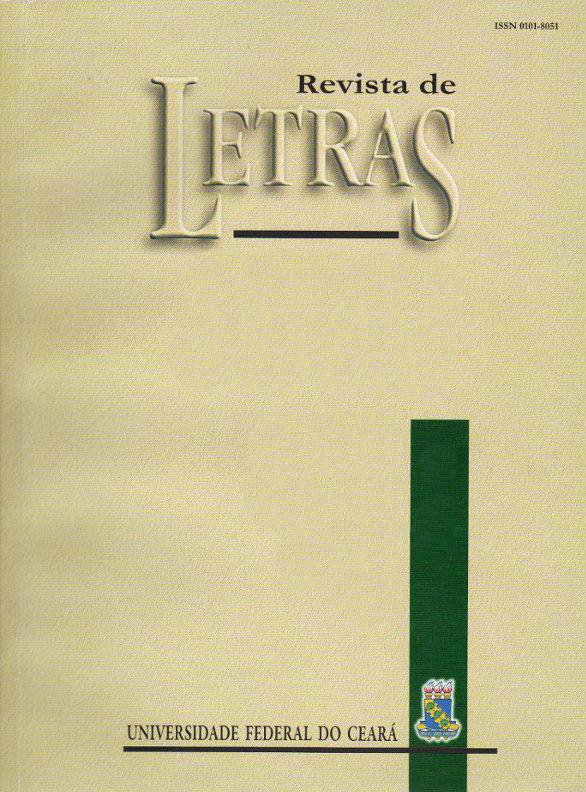DISCOURSES ON AND AROUND ENGLISH TEACHING
THE CASE OF A BRAZILIAN CURRICULUM
Abstract
This paper intends to explore discursive representations by a Curricular Proposal for English teaching from Northern Brazil. It considers not just the authors of the curriculum and representations of English teaching in high school but also the discursive roles played by teachers in that text. It also resorts to French Discourse Analysis and its concepts of forgetting subjection and ideological and discursive formation. The methodology is based on procedures by Orlandi. Preliminary results indicate that the state’s curriculum represents English teaching through a vast horizon of expectations regarding its relevance, validity, and everyday impact. The document tends to overvalue scientific-literary discourse while silencing teachers’ voices in/and their day-to-day praxis. The curriculum also tries to find in a capitalist economic system the reasons that might justify English teaching within a deeply rural and socioeconomically fragile region. The identities of the writers of the document seem to reveal themselves through several contradictions between entireness and dispersion.
Downloads
Downloads
Published
How to Cite
Issue
Section
License
Copyright (c) 2023 Revista de Letras

This work is licensed under a Creative Commons Attribution 4.0 International License.
Autores que publicam nesta revista concordam com os seguintes termos:- Autores mantêm os direitos autorais e concedem à revista o direito de primeira publicação, com o trabalho simultaneamente licenciado sob a Licença Creative Commons Attribution que permite o compartilhamento do trabalho com reconhecimento da autoria e publicação inicial nesta revista.
- Autores têm autorização para assumir contratos adicionais separadamente, para distribuição não-exclusiva da versão do trabalho publicada nesta revista (ex.: publicar em repositório institucional ou como capítulo de livro), com reconhecimento de autoria e publicação inicial nesta revista.
- Autores têm permissão e são estimulados a publicar e distribuir seu trabalho online (ex.: em repositórios institucionais ou na sua página pessoal) a qualquer ponto antes ou durante o processo editorial, já que isso pode gerar alterações produtivas, bem como aumentar o impacto e a citação do trabalho publicado (Veja O Efeito do Acesso Livre).

.png)





.png)
